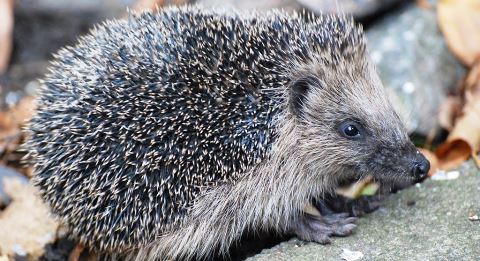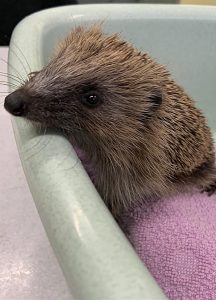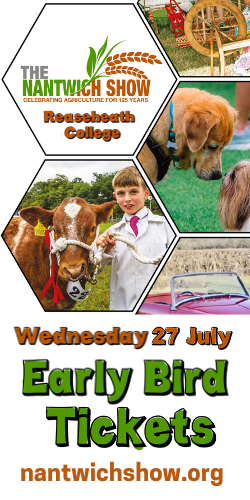
The RSPCA dealt with 2,691 wildlife incidents in Cheshire last year – with 325 involving hedgehogs.
Now RSPCA Stapeley in Nantwich is bracing itself for a surge in calls as the breeding season starts.
The charity revealed it took in more of the prickly creatures into its rescue centres than any other wildlife last year.
More than 2,700 hedgehogs were admitted to RSPCA national wildlife centres in 2019 with almost 12,000 coming through their doors in the past 5 years.
Traditionally, April starts to see more hedgehogs coming into the charity, as they leave hibernation in search of food.
Despite the lockdown, RSPCA rescue teams are continuing on the frontline as designated key workers and the charity has launched an emergency appeal to help it continue to rescue, rehabilitate and release the animals most in need through the crisis.
RSPCA scientific officer Evie Button said: “Regardless of coronavirus, wild animals still need rescuing by the RSPCA and breeding season is the start of a really busy time for us.
“We’ll have lots of calls about baby birds, orphaned fox cubs and hedgehogs which have come out of hibernation and need help to build up their body weight.
 “It’s Hedgehog Awareness Week which is very appropriate as these much-loved prickly creatures are the most frequent visitor to our wildlife centres.”
“It’s Hedgehog Awareness Week which is very appropriate as these much-loved prickly creatures are the most frequent visitor to our wildlife centres.”
The most common reasons hedgehogs come into the RSPCA are because they are orphaned, underweight, injured or exhibiting abnormal behaviour indicative of ill health.
Since lockdown, the RSPCA has responded to 10,817 incidents about wildlife, 540 of which have been about hedgehogs.
Top 10 wildlife species admitted to the four RSPCA wildlife centres in 2019
Hedgehog – 2770
Wood pigeon – 1926
Herring gull – 1779
Mallard duck – 1298
Feral pigeon – 885
Blackbird – 706
Mute swan – 692
Collared dove – 414
House sparrow – 410
Goldfinch – 343
Last year the RSPCA responded to 4,818 hedgehog related incidents* – an average of 13 a day.
Evie added: “Watching wildlife is such a great source of comfort to people at the moment and we are so grateful to the public for calling us when they are concerned about any animal.
“However in the case of baby animals, including fledglings, it’s often better to leave them where they are as they are often rescued by their mum or get themselves out of trouble. There’s lots of advice on our website.”





















If you need any hedgehogs re homing we have a safe domestic garden and hedgehog food, we were feeding one but not seen it for a few weeks now.
please reply if you are interested
Hi There,
Not sure if you have a need of ‘re-homing’ hedgehogs but I think we have a fairly safe domestic garden environment if that helps?
David
It is helpful , if homeowners leave gaps in their Gardens for Hedgehogs to move from place to place. They can travel 2 Miles a night ! People dont realise they are around as they dont see them and so are not accomodating their mobility habit in their Gardens by not leaving escape routes for them .
Please pass it on and save the Hedhehog!